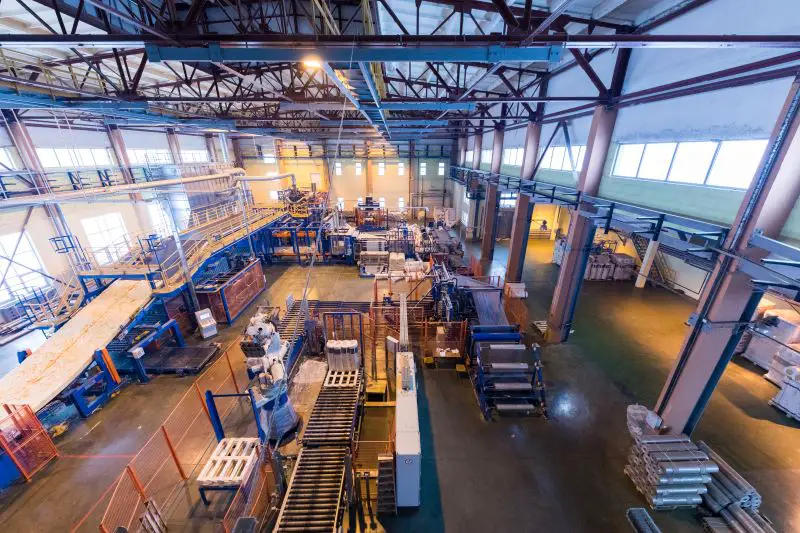Click here to get this post in PDF
A small manufacturing operation is only as good as its suppliers. Securing reliable suppliers guarantees that your products meet industry standards and arrive on time and helps you stay within budget. How do you know which supplier is the right fit for your business? Learn how to choose your supplier in the manufacturing industry to help you make smart decisions.
Quality and Reliability
The materials you receive from your suppliers will directly affect the final products you offer to your customers. A reliable supplier consistently delivers high-quality goods that meet your specifications.
Request samples or visit the supplier’s production facilities to assess their manufacturing processes and quality control measures. You’ll want to partner with suppliers with reliable track records, as delayed shipments or inconsistent products can disrupt your production timelines and tarnish your brand’s reputation.
Pricing and Payment Terms
Balancing cost and quality are essential considerations when choosing a supplier. While low prices may be appealing for cost savings, they should not come at the expense of quality. A supplier offering significantly lower prices than the competition may cut corners or lack the capacity to meet your production needs.
Paying for good-quality machines, components, and products is a must in the manufacturing industry because lackluster equipment may spell disaster down the road. For example, if your small business relies on machines that use belts, motors, or gearboxes for production, it’s important to know if your supplier is pricing them based on quality. This comparison of cost and quality of industrial power transmission suppliers is essential to consider because your decision affects your business growth.
Evaluate their pricing structure carefully, and be open to negotiating payment terms. Request flexible payment schedules or discounts for bulk orders to strengthen your business partnership and improve cash flow. Remember to prioritize value over just the sticker price.
Location and Logistics
Supplier location is a critical consideration in managing delivery timelines and logistics costs, especially for industry sectors that rely on just-in-time (JIT) inventory management systems. A nearby supplier reduces shipping delays, decreases transportation costs, and provides faster access to materials for urgent production runs.
While overseas suppliers may offer lower labor or material costs, you must take additional factors—shipping times, customs regulations, and exchange rates—into account. Strike a balance between proximity and value to optimize your supply chain and delivery process.
Supplier’s Financial Stability
A supplier’s financial health is a crucial consideration in supplier selection. A supplier with shaky finances could jeopardize your business operations by running out of stock, failing to meet commitments, or even declaring bankruptcy. Ask for financial statements, check references, or research publicly available financial records to assess a supplier’s stability.
Choosing the right supplier in the manufacturing industry can establish partnerships that will propel your small business forward. Quality, reliability, cost efficiency, logistical considerations, and financial stability are non-negotiable factors when vetting potential suppliers.
Take the time to research, negotiate, and build relationships with suppliers who align with your business’s goals and priorities. By selecting the right partners, you pave the way for operational success and long-term growth.
Startup teams and small manufacturers alike can create a more reliable supply chain by following these tips. Remember, a reliable supplier isn’t just a vendor—they’re a partner in your success.
Also read:
Last Mile Excellence: The Crucial Role of Operational Management in Logistics Success
From Dock to Door: 6 Strategies for Streamlining Your Supply Chain
Image source: elements.envato.com

